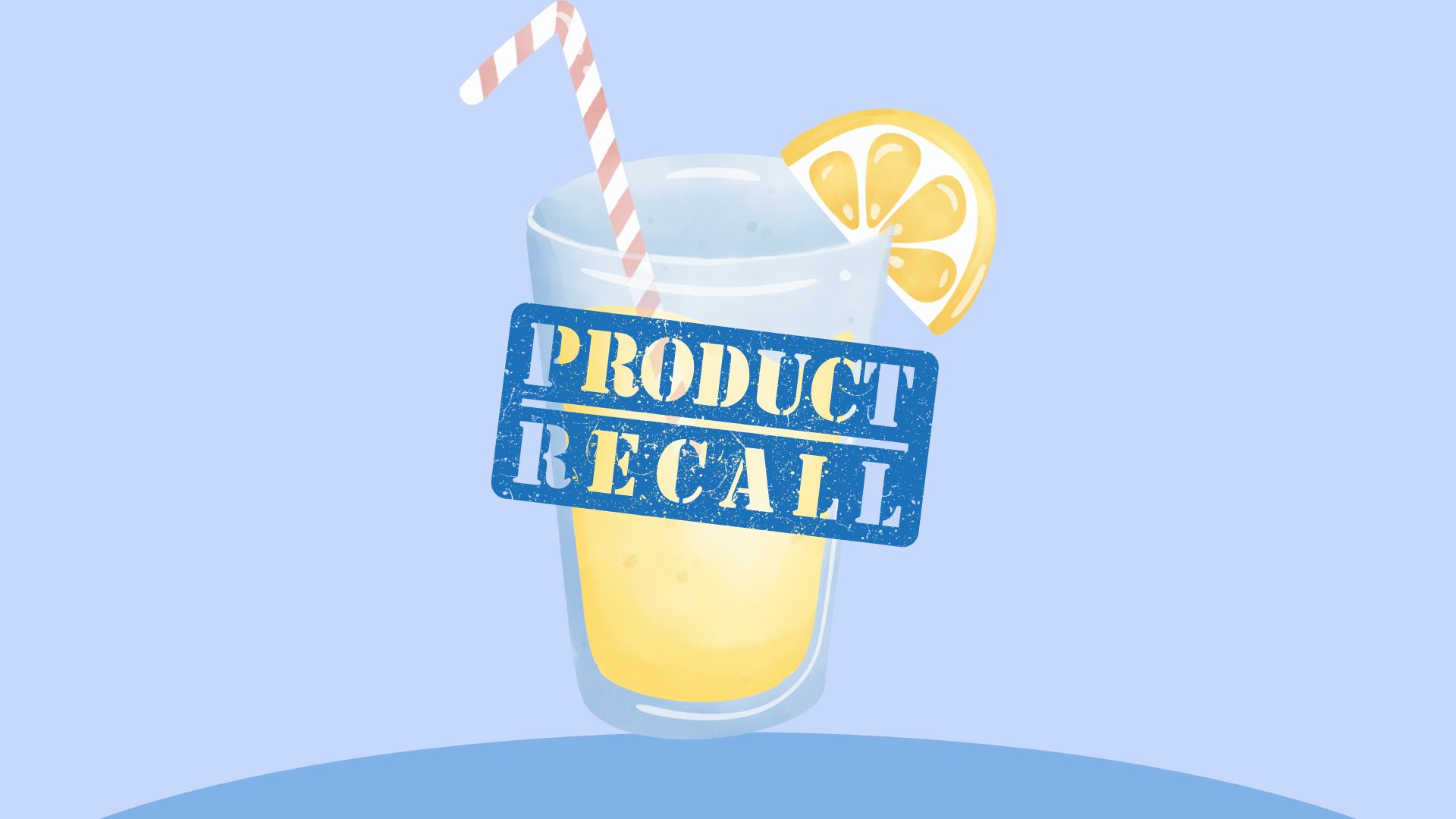
A labeling problem led to Coca-Cola recalling 13,152 cases (with 12 cans of lemonade inside) of its “Minute Maid Zero Sugar Lemonade” in September.
The drinks, labeled as “sugar-free with 0 grams of total sugars, ” contained sugar and weren’t sugar-free – with 40 grams of sugar in each can.
A typical can of Minute Maid Lemonade contains 150 calories, while the “Zero Sugar” version only has five calories.
The FDA has classed the recall as a Class II risk: “a situation in which use of or exposure to a violative product may cause temporary or medically reversible adverse health consequences or where the probability of serious adverse health consequences is remote.”
It should be noted that the cans themselves were not mislabeled, but the packaging was.
According to USA Today, Coca-Cola said: “No impacted product remains in the market.”
Adding: “All recall activities in those markets are complete.”
How do you know if your Minute Maid cans are mislabeled?
According to the FDA, the mislabeled cases have the codes FEB1725CNA or FEB1725CNB. The products were shipped to retail stores located in Indiana, Kentucky, and Ohio.
The FDA initiated the recall on Sept. 10.
The risks for those with medical conditions
The FDA doesn’t issue a class II risk lightly. The reason for this is that it poses health risks, especially for people with conditions like diabetes or those who need to limit their sugar intake. People with diabetes, in particular, are at heightened risk of a spike in blood glucose levels – hyperglycemia.
The Importance of Transparency in Food Labeling
The incident highlights the need for better transparency in food labeling practices.
Consumers rely on accurate information. This is especially true when the products are marketed for certain dietary restrictions.
Simple labeling errors can lead to severe health consequences. Brands should be more careful and ensure that the products they sell to consumers have the appropriate packaging labeling.
